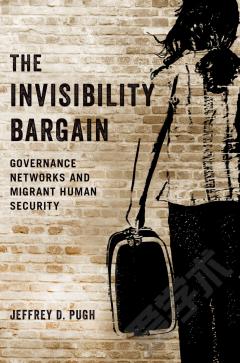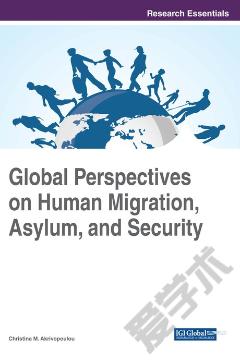The Invisibility Bargain —— Governance Networks and Migrant Human Security
----- 隐形交易:治理网络与移民人类安全
In an era of mass migration and restrictive responses, migrant acceptance is often contingent on the expectation that they contribute economically to the host country while remaining politically and socially invisible. These unwritten expectations, which Jeffrey D. Pugh calls the "invisibility bargain", produce a precarious status in which migrants' visible differences or overt political demands on the state may be met with hostile backlash from the host society. By examining the case of Colombians in Ecuador, the largest recipient of refugees in Latin America, The Invisibility Bargain examines how migrants negotiate their place in receiving societies and adapt innovative strategies to integrate, participate, and access protection.
{{comment.content}}








 京公网安备 11010802027623号
京公网安备 11010802027623号